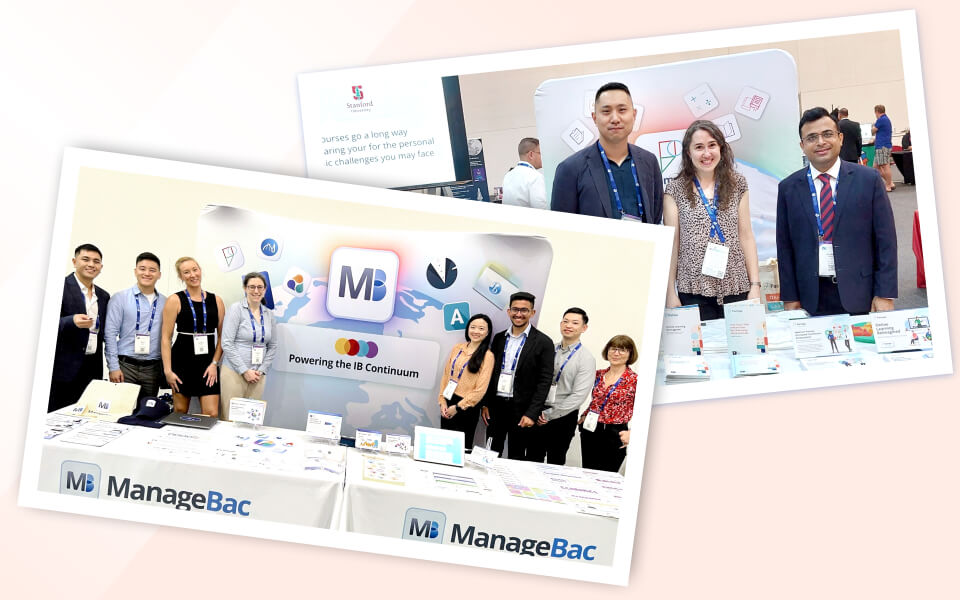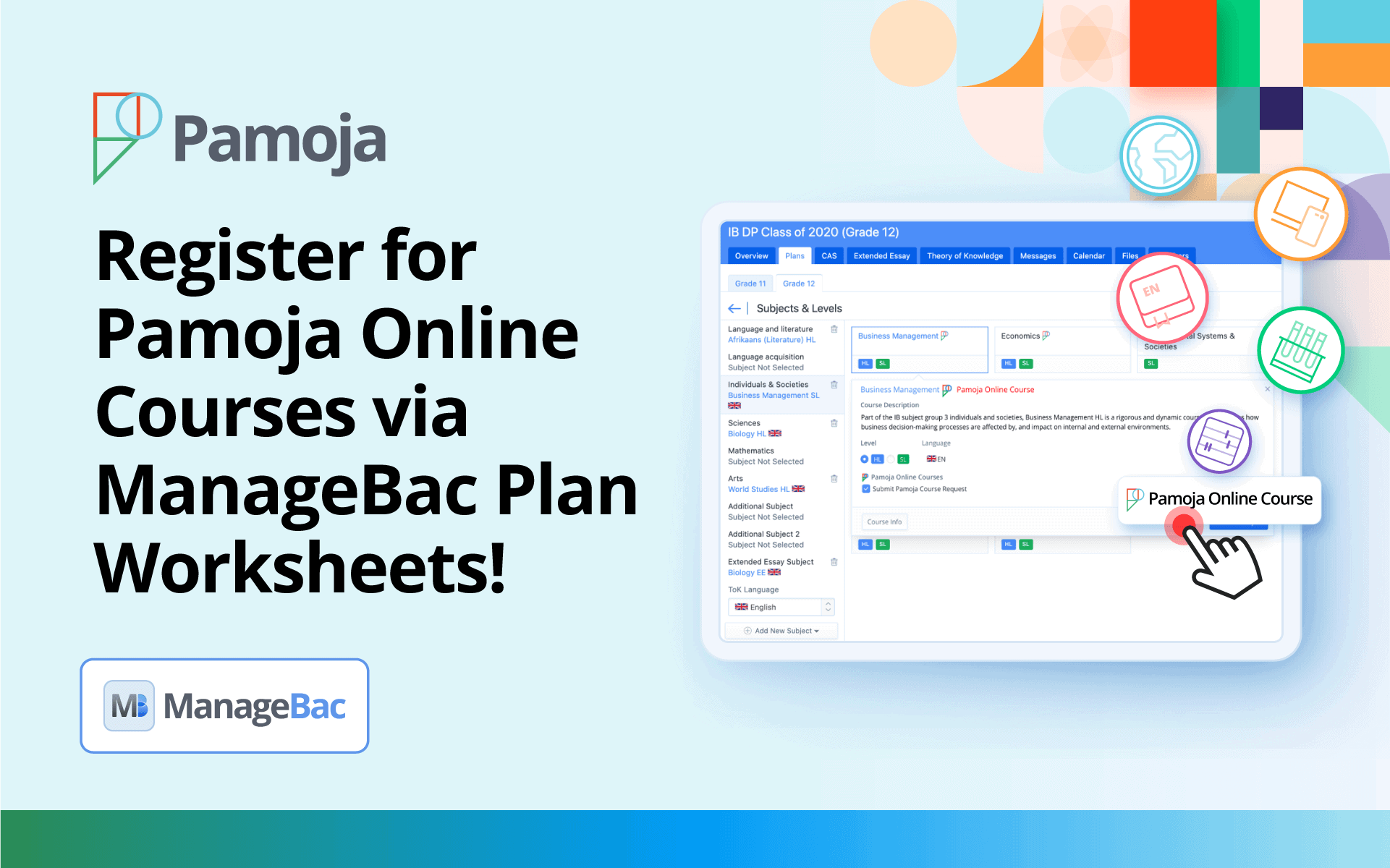Ensuring that all students fulfil their potential, acquire essential life skills, and achieve the best possible academic outcomes through an enriching educative journey requires a personalised learning experience. In order to achieve this, education needs to be agile; fast-changing and ever-responsive to a multitude of varying needs. These needs must arise directly from each individual student, not from a historical and generalised assumption. When requirements come directly from the students, they can come at any time, meaning that flexibility is essential to deliver individualised, needs-based responses.
For teachers to provide their students with the best quality of education, there has to be room for movement. Whether it’s improving a certain skill, achieving a particular grade, or learning to contribute and collaborate in class, ambitions will differ student to student, and how a teacher gets their class to hit their targets does not have to be (and should not have to be) set in stone. Rigid guidelines can actually hinder the learner’s progress, because if there is no flexibility then there is no space for improving or personalising teaching methods.
If teachers are provided with high quality course content and resources that are flexible and adaptable to their requirements, then by closely monitoring students’ progress they can alter the content to suit individual needs. Simply by having access to these ‘ready-made’ resources, a teacher’s workload of content creation and planning would be reduced, allowing more time to be spent doing what’s most important; educating!
Flexibility of course content and improved student progress monitoring would be aided by a ‘flipped’ classroom. With students absorbing topic-specific content outside of school hours, there would be more time in class to ensure complete understanding of the subject matter. Teachers could deliver a variety of different activities, catering to a multitude of learning needs in just one lesson, rather than spending precious class time on search engines or reading textbooks. This combination of adaptable, high quality course content and resources, alongside flexibility and the capacity to monitor student progress, would equip teachers with the ability to provide totally individualised learning experiences, for the benefit of the student.
Sound like something you want to introduce in your school? Contact us today!
Sign up to our monthly newsletter to keep up to date with all the latest Pamoja news.




